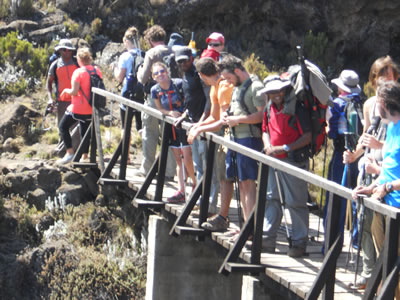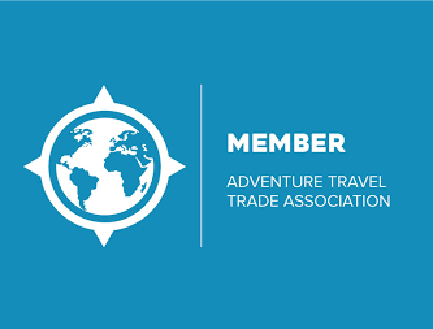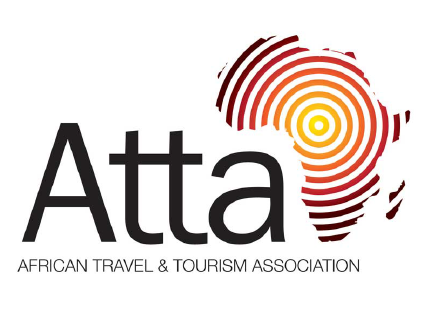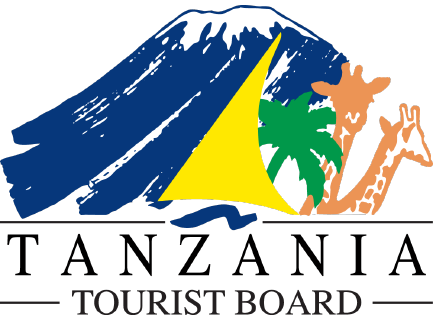5 Days Marangu route Climbing Mount Kilimanjaro
Kilimanjaro Climbing

The Marangu route is one of the most scenic and easy routes up Mount Kilimanjaro. The climb starts from the Marangu village located at the base of Mount Kilimanjaro. The route is also known as the coca-cola route due to its popularity. Those climbing Mount Kilimanjaro via the Marangu route also enjoy accommodation in huts instead of tents. There is no technical climbing on the Marangu route. The start of the climb from Marangu is conveniently located near Moshi. All your transport from the airport to the hotel and the gate and back again is included in the trip price.
From the Marangu gate you hike to Mandara huts and then proceed to; Horombo huts, Kibo huts, Gilman's point, and finally Uhuru Peak which is the highest point in Africa at 5,895 meters. The same route is followed up and down the mountain.
A word of caution about this route, however. Due to the speed at which hikers gain altitude on this route, there is an increased risk of altitude sickness. For this reason, on Kili Base Adventures climbs we have incorporated an additional day on the mountain to provide better acclimatization - and in our experience, this will increase your likelihood of reaching the summit. All your equipment and supplies are portered and a cook prepares all your meals. The route is a perfect choice for those who do not wish to camp in tents.
Day 1
Arrival Day in either Arusha or Moshi
On arrival, you are personally met at the airport by one of our representatives and transferred to your chosen hotel in Arusha or Moshi. In the afternoon there is a full briefing with the climbs manager and your guide. Overnight in hotel. Dinner is included.
If you need to hire any extra gear, advise our staff this evening. Leave any excess clothing and valuables at the hotel - they will lock them up for you. Pack your bag carefully for the climb - remember the weight limit of 15 kg. Leave some 'plastic bin bags' in the outer pocket of your bag, and show the porters where they are so that in case of rain they can quickly cover your bag.
Day 2: Climbing Mount Kilimanjaro Marangu Route
Transfer from Moshi town to Marangu Gate (1980m) - Mandara hut (2700m).
Hiking time: 5 hours.
Distance: About 12 km.
Habitat: Montane forest.
Elevation change: + 720 m
Early in the morning after breakfast, you have a final pre-hike briefing with your guide before being driven to the Marangu gate around 9:00 a.m in morning. It's a 45-minute trip if you are staying in Moshi. On arrival, we complete the national park registrations at the small office there. Take a day-backpack to carry few things which will be useful during the day such as a camera, extra clothes, a rain jacket, and snacks. Porters will carry the rest of your luggage and stores including the food, drinking water, clothes, and cooking gas. Porters will walk faster than you so they can prepare dinner for your arrival at camp.
After all the formalities, our guide will lead the way and assist you with any additional information or needs you might have. You now leave the park office and ascend on a cleared ridge route through the rain forest. The forest is covered with mist and saturated with beards of moss. This trail follows the edge of a stream through the undergrowth and offers you the option to rejoin the main trail. After one and half hours of hiking, you will reach Mandara hut. The weather at Mandara hut isn't much colder than in Moshi and normal clothes and a jacket is usually enough. With the exception of Kibo huts, the huts are groups of wooden A-framed cabins in a forest clearing. Each hut features 6-8 sleeping bunks with solar-generated lighting. The total capacity of the camp is 60 climbers. Water is piped into the camp from springs above and there are flush toilets behind the main hut.
Day 3: Climbing Mount Kilimanjaro Marangu Route
Mandara hut (2700m) - Horombo hut (3720m)
Hiking time: 6 hours.
Distance: About 15 km.
Habitat: Moorland.
Elevation change: + 1020 m
Early in the morning after your breakfast, you will start climbing towards Horombo hut with your picnic lunch. From Mandara hut, the trail passes through a short stretch of forest and then heads around the base of the Maundi Crater where you will leave the forest and enter the moorland zone.
We recommend you take a short detour up to the rim of the Maundi Crater - from here you see the impressive Kibo Crater, and on a clear day you will also be able to see the glaciers of Kibo. This is a great photographic opportunity. In the moorlands, you will also encounter some of Kilimanjaro's most spectacular and strange plants in the open moorland - with giant lobelia and groundsel growing to heights of 3 and 5 meters respectively! Later in the afternoon, you reach Horombo Huts and we stay here for the night after a hot dinner. Your hut will be comfortable enough to ensure a good night's rest. Temperatures during the night will be around the freezing point.
|
 |
KILIMANJARO CLIMBS
TREKKING MOUNT MERUTREKKING LENGAI VOLCANOWILDLIFE SAFARISDAY TRIPS |
|||||||
|
Trip Styles |
|||
|
Number of people |
Basic |
Standard |
Deluxe |
|
1 |
$3,698.00 |
$4,594.00 |
$5,267.00 |
|
2 |
$2,446.00 |
$3,029.00 |
$3,467.00 |
|
3 or more |
$2,311.00 |
$2,861.00 |
$3,273.00 |
| Single supplement |
$100 per person |
$200 per person |
$560 per person |
| Note: Single supplements are not payable on 1 person bookings | |||



